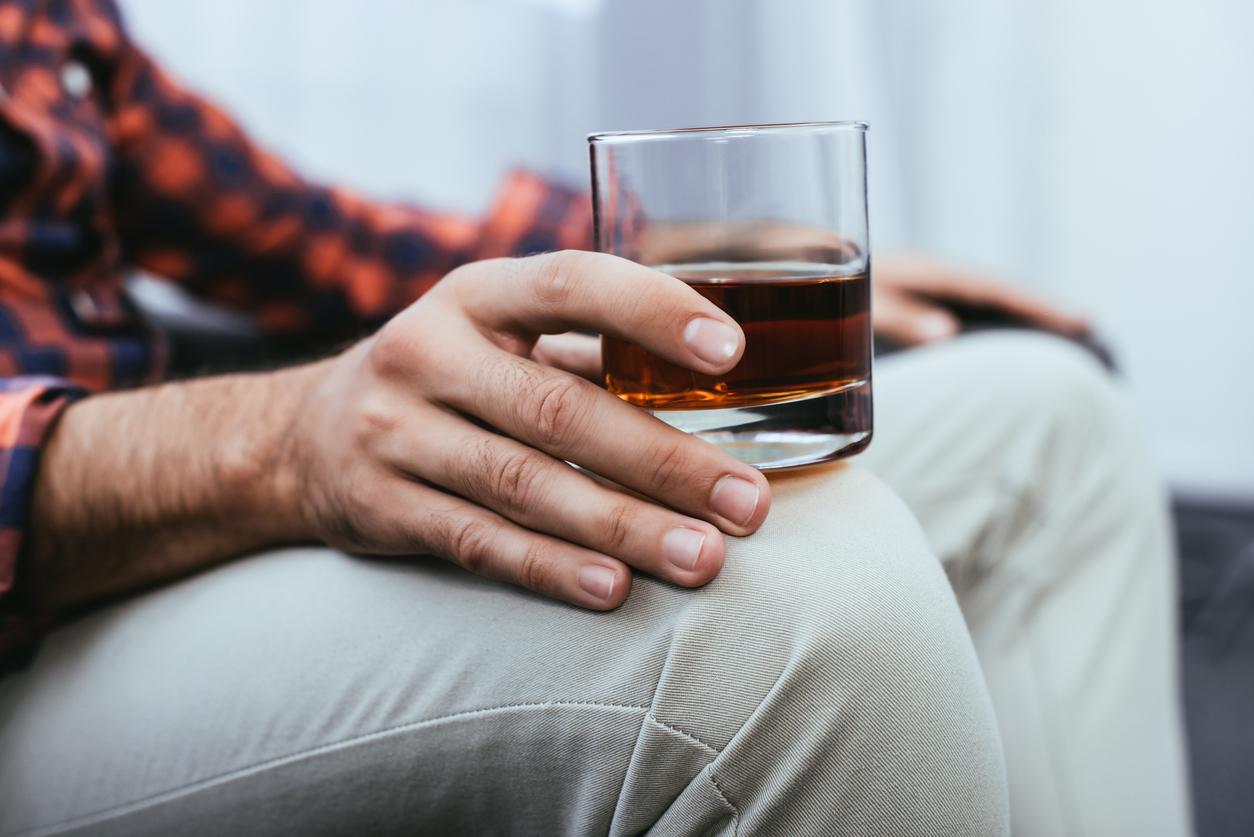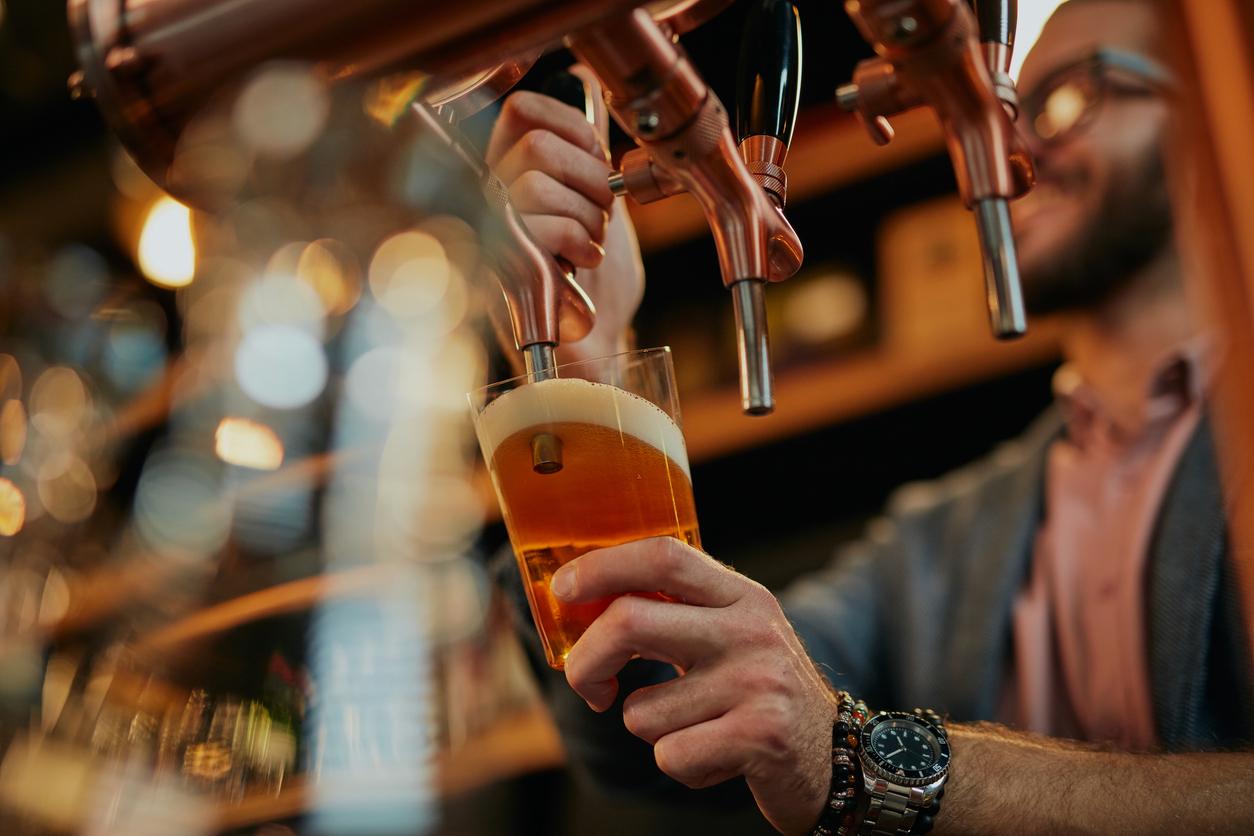After a shortened night, the effects of alcohol consumption are multiplied. Small beer during the meal on the road to vacation is therefore not recommended.

There is no need to reiterate the dangers of drinking and driving. The legislation imposes a blood alcohol level of less than 0.5 g / L in order to be able to drive. But when fatigue, even slight, is already installed, the effects of alcohol on alertness can be observed even within legal limits.
A monash university study (Australia) confirmed, in young men (18-27 years old) and in good health, that a blood alcohol level below 0.5 g / L caused a loss of vigilance sufficient to be dangerous at the wheel. The participants had only slept 5 hours the day before the experiment.
Wait 3 hours before driving
The study brings other results. The peak of fatigue does not occur at the same time as the peak of blood alcohol level, but 30 to 60 minutes later. Thus, vigilance is lowest 1h30 to 2h after alcohol consumption.
You have to wait at least 2h30 to 3h for the driver to regain his attention. And in this interval, breaks do not help, unless they are used to take a nap.
Water at the table
In this period of going on vacation, the information should not be ignored. An Ifop survey recently found that more than eight in ten drivers reduce their sleep time the night before the trip. They go to bed later the night before to complete the final preparations, and / or get up earlier to avoid traffic peaks.
With a shortened sleep time, eating on the motorway rest area can therefore be risky. A small glass of wine or beer to accompany the dish reinforces the fatigue, already accentuated by the little postprandial bar. The recommendation is therefore simple: no alcohol for lunch!
.

















